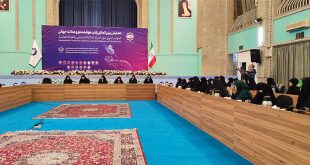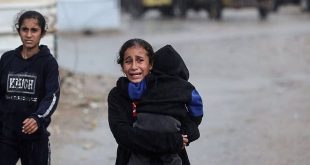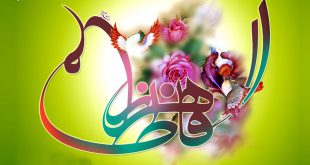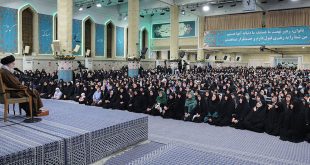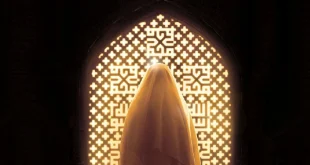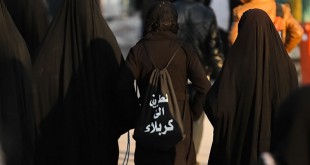In terms of her political engagement, Lady Zeinab (pbuh) played a significant historical role in saving the religion of Islam from deviation and destruction. After the tragic battle and martyrdom of Imam Hussain (pbuh) and his companions, including seventeen dear members of Lady Zeinab’s family, the noble women and children of the Hussain’s family and his companions were taken captive by Yazid’s army....
Read More »Lady Zeinab (a.s.), a Perfect Example of a Muslim Woman
Lady Zeinab represents a multi-dimensional personality: she is wise and well-educated with great knowledge; a distinguished person; anyone who meets her, feels humble before the greatness of her wise soul and her insight....
Read More »Women Role in Redefining Concepts of Just Peace, Global Justice
The speakers present at an international conference in Tehran emphasized that women play a fundamental and decisive role in redefining the concepts of just peace and global justice, and global experiences confirm this role....
Read More »Silence on Crimes against Gazans as Betrayal to Islamic Principles: Scholar
Secretary-General of the International Union of Muslim Scholars (IUMS), Ali al-Qaradaghi, has denounced international silence on the ongoing Israeli atrocities against Palestinians in Gaza as a betrayal of Islamic principles....
Read More »Beacon of Justice: Hazrat Fatima Zahra’s Lasting Legacy in Shaping Women’s Role in Society
Every year, around this time, the streets of Tehran and other major Iranian cities are adorned with colourful banners, and women and men gather in mosques and community centers for cultural programs honoring the illustrious life of Hazrat Fatima Zahra (sa)....
Read More »Feminist Theology and Social Justice in Islam: A Study on the Sermon of Fatima
This book explores the intersection of theology and women’s studies, centering around the influential figure of Fatima within Shiʿi theology. By examining Fatima’s sacred role and her impact on empowering women and political minorities, the manuscript offers a textual analysis of....
Read More »Woman’s Greatest Right Is the Affection of Her Husband: Ayatollah Khamenei
Grand Ayatollah Khamenei described a woman’s greatest right and need within the home as “the affection of her husband,” and added: “Another major right of women in the home is the rejection of any form of violence against them, and complete avoidance of the deviations that have become common in the West, such as the killing or beating of women by men and husbands.”....
Read More »Islamic Teachings on the Food Loss and Waste Reduction
It is important to reflect on the profound teachings of Islam, particularly from the perspective of the School of Ahl al-Bayt (p), which offers timeless guidance on responsible consumption, food preservation, and avoiding waste...
Read More »Lady Khadijah: How the Princess of Quraysh Became Umm al-Muʼmenin
Khadijah (pbuh) was not merely the wife of Prophet Muhammad (pbuh), nor simply the first woman to embrace Islam. She was the faith’s first protector, its primary financier, its emotional anchor, and the spiritual companion to the Messenger of God (pbuh)...
Read More »Prayer, Hijab and Moral Etiquettes are the Essentials of Arbaeen Pilgrimage
observes the teachings of Islam including those relating to prayer, hijab, self-reform, selflessness and moral etiquettes etc is the essential of Arbaeen pilgrimage .
Read More » Ijtihad Network Being Wise and Faithful Muslim in the Contemporary World
Ijtihad Network Being Wise and Faithful Muslim in the Contemporary World

